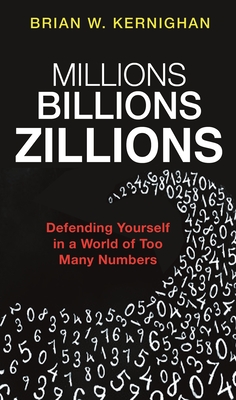Expedite your nonfiction book discovery process with Readara interviews, summaries and recommendations, Broaden your knowledge and gain insights from leading experts and scholars
In-depth, hour-long interviews with notable nonfiction authors, Gain new perspectives and ideas from the writer’s expertise and research, Valuable resource for readers and researchers
Optimize your book discovery process, Four-to eight-page summaries prepared by subject matter experts, Quickly review the book’s central messages and range of content
Books are handpicked covering a wide range of important categories and topics, Selected authors are subject experts, field professionals, or distinguished academics
Our editorial team includes books offering insights, unique views and researched-narratives in categories, Trade shows and book fairs, Book signings and in person author talks,Webinars and online events
Connect with editors and designers,Discover PR & marketing services providers, Source printers and related service providers

Millions, Billions, Zillions: Defending Yourself in a World of Too Many Numbers
Mathematics > Counting & Numeration
- Princeton University Press
- Paperback
- 9780691209098
- 7.5 X 4.5 X 0.8 inches
- 0.5 pounds
- Mathematics > Counting & Numeration
- (Single Author) Asian American
- English
Readara.com
Book Description
An essential guide to recognizing bogus numbers and misleading data
Numbers are often intimidating, confusing, and even deliberately deceptive--especially when they are really big. The media loves to report on millions, billions, and trillions, but frequently makes basic mistakes or presents such numbers in misleading ways. And misunderstanding numbers can have serious consequences, since they can deceive us in many of our most important decisions, including how to vote, what to buy, and whether to make a financial investment. In this short, accessible, enlightening, and entertaining book, Brian Kernighan teaches anyone--even diehard math-phobes--how to demystify the numbers that assault us every day. Giving you the simple tools you need to avoid being fooled by dubious numbers, Millions, Billions, Zillions is an essential survival guide for a world drowning in big--and often bad--data.
Author Bio
Professor Brian W. Kernighan, who earned his doctoral degree in electrical engineering from Princeton in 1969, joined the department in 2000. Before returning to Princeton, he worked for 30 years at the Computing Science Research Center of Bell Laboratories, where he was head of the Computing Structures Research Department from 1981 to 2000.
Professor Kernighan was a member of the editorial board for Software?Practice & Experience, 1990-2009, and has been the adviser for the Addison-Wesley series on Professional Computing since 1990. His research Interests include software tools, application-oriented languages, programming methodology, user interfaces, digital humanities, and technology education.
Research Interests
Application-specific languages, document preparation, user interfaces, software tools, programming methodology.
Member, American Academy of Arts and Sciences, 2019; Member, National Academy of Engineering, 2002; USENIX Association Lifetime Achievement Award, 1997.
Source: Princeton University
Videos
No Videos
Community reviews
No Community reviews

